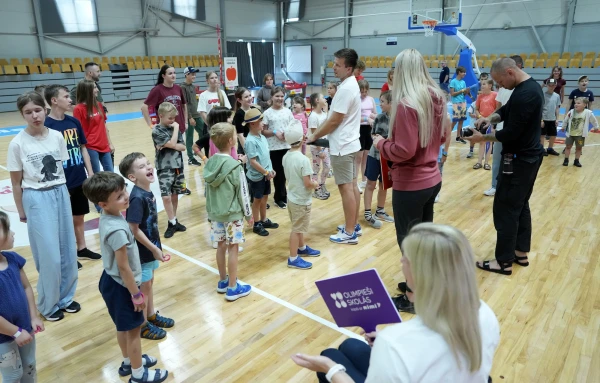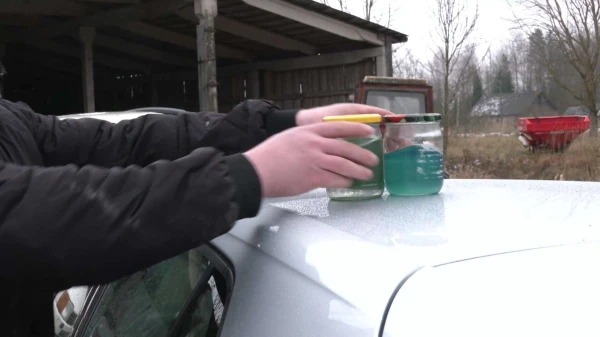
Nine out of ten surveyed parents used emotional violence methods in the process of raising children, and most often — in 60% of cases — it was yelling, as revealed in a public opinion study on non-violent child-rearing presented today at the Ministry of Welfare conference "How to Raise a Child Without Violence," reports LETA.
Lelde Vaivode, project leader of the European Social Fund Plus "Support Tools for Reducing Domestic Violence," stated that non-violent parenting methods remain the most widespread — they are used by about 90% of respondents. Among such methods are discussing behavior, giving guidance on correct actions, and distraction.
Compared to a similar study conducted in 2020, the use of insults and swearing in the parenting process has almost doubled — their use was confirmed by 37% of respondents.
Commenting on the study's findings, Vaivode noted that violent parenting methods are still prevalent overall. However, according to the respondents' own assessments, the use of such methods is decreasing.
Also, compared to the 2020 study, the use of physical violence as a disciplinary measure has halved — this year, it was acknowledged by 26% of respondents.
The results of the study show that boys under six years old are physically punished most often — in 37% of cases.
The data also indicate that parents with better health and life satisfaction are less likely to use physical punishment.
Most frequently — in 53% of cases — parents cited loss of self-control as the reason for using violent parenting methods. In 38% of cases, the child's temperament was mentioned, and in 35% — stress and fatigue. In 2020, stress and fatigue were cited more often as reasons for violence — in 54% of cases.
Among those parents who use physical violence against children, stress and fatigue are still considered the main factors for such behavior.
The number of parents experiencing guilt after punishing their children has also decreased — this year, 73% of parents reported this, while in 2020, it was 83%.
Furthermore, the study showed that most parents recognize all forms of violence; however, not all of them believe that they should be held accountable for it. It was concluded that the negative consequences of punishments are still insufficiently recognized, as almost half of the respondents deny the inheritability of violence.
Trust in institutions regarding assistance to children affected by violence has also slightly decreased. Thus, 75% of respondents are confident that help can be obtained at the Child Rights Protection Center, and 71% — at crisis centers. 65% of respondents trust social services and the police.
A positive trend is also observed — a more active response in situations where there are suspicions that a child is suffering from domestic violence. Almost half of the respondents intervened in such cases, three-quarters discussed the situation with the child's parents, and half informed the relevant institutions. The most common reasons for non-participation were cited as violation of privacy, not knowing what to do, and fear of retaliation.
The online survey involved 2,000 respondents. It took place from September to October this year.
Vaivode emphasized that preventive and educational work is especially important for preventing violence. It is necessary to focus on understanding emotional violence, its consequences, and inheritability. It is also important to ensure access to resources and strengthen trust in institutions.
Diana Yakajte, Deputy State Secretary of the Ministry of Welfare, also noted at the conference opening that violence can be inherited, and no one is born with perfect knowledge of how to handle a child.
According to Yakajte, it is important to learn to manage emotions, and respect and non-violent communication are skills that can be developed throughout life, and they are not limited to the time after the child's birth.
She emphasized that there is a growing understanding among society and parents of the negative impact of physical "re-education." Therefore, it is important for specialists to support families so that parents can put this awareness into practice.













